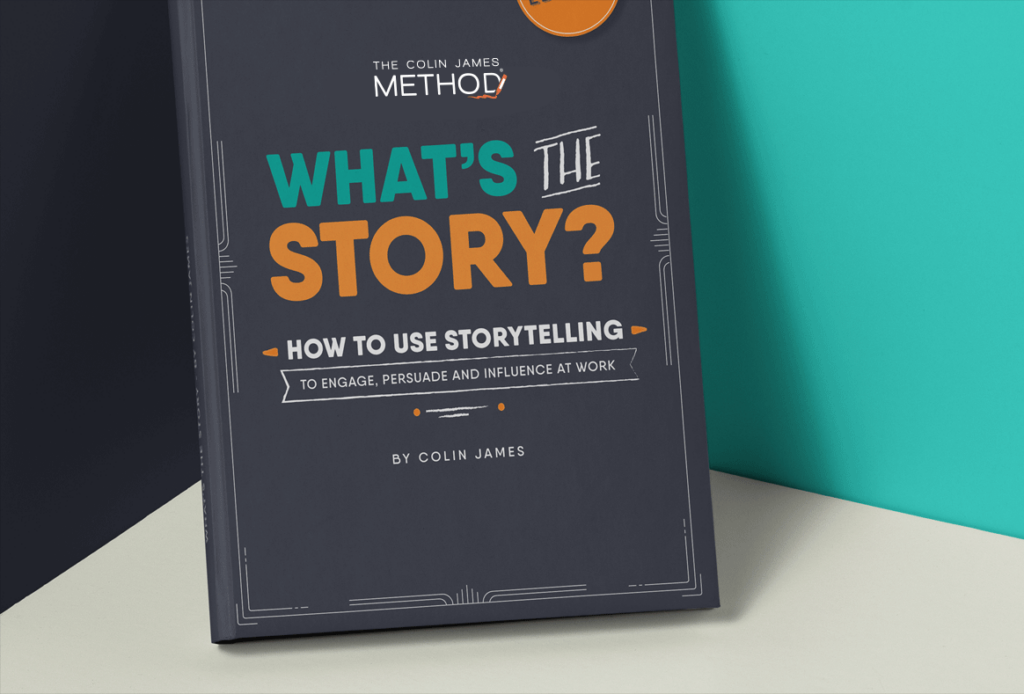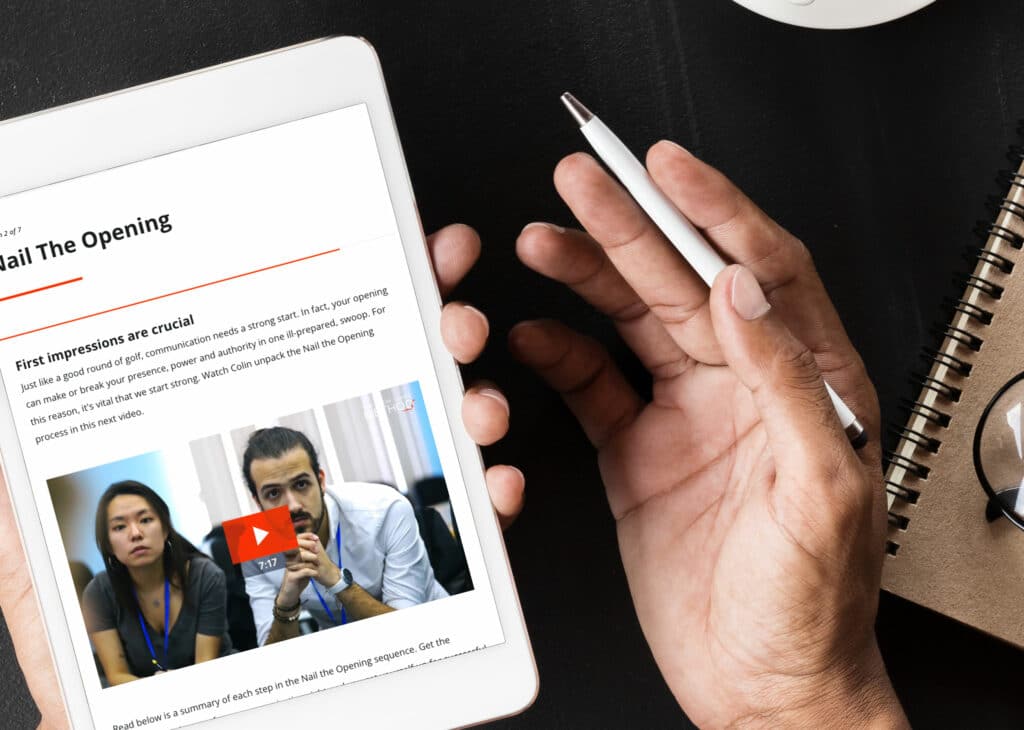Leadership has always been full of challenges—but perhaps now more than ever. With remote and virtual teams, intensified workloads and the impact of Covid-19, leaders are faced with challenges daily. How we respond to these challenges is critical to more than just our own career success. The actions of leaders at “crunch time” can make or break business plans, inspire or demotivate others, and set the wheels in motion for victory or failure.
When it comes to leadership styles, there are considered to be four main types. Called the Four Intelligences, these leadership styles are not mutually exclusive. In fact, skilful leaders know when to respond with which leadership style in order to generate the best outcome. In a VUCA world, being able to tap into the appropriate leadership intelligence according to each challenging scenario is a true sign of advanced leadership.
How & When To Use The ‘Four Intelligences’ Leadership Styles
1. Analytical Intelligence
Facts, figures, complex reasoning and problem-solving form the basis of this type of intelligence.
When to use this intelligence
Analytical Intelligence is an essential leadership quality when there isn’t an immediately obvious answer—in fact, there could be multiple “right” answers. Generally speaking, this style is appropriate when developing a strategy or a project implementation plan. For example, the challenge might be that sales have plummeted. By taking an analytical approach to the product, sales and marketing data, assessing the facts and figures, a strategic decision can be made about how to resolve the issue.
Use this intelligence to make decisions based on relevant data and to build out a project implementation plan.
When not to use this intelligence
The main downfall of Analytical Intelligence is when there is insufficient or inconclusive data to make the decision, causing what some call “analysis paralysis”. If this is the case, successful leaders must be self-aware and agile, quickly adopting a different leadership style.
2. Emotional Intelligence
Emotional Intelligence in leadership is all about empathy, understanding desires, connection and feelings.
When to use this intelligence
Emotional Intelligence is an extremely effective tool when it comes to relating to others. Whether it be your team, your suppliers, your clients or even their customers, the emotional leadership style will enable you to recognise how you’re feeling about a project and imagine how others may respond to it. This can be very powerful in change management situations as well as negotiations.
Use this intelligence to understand how you and others feel about a project and what will motivate them.
When not to use this intelligence
Emotional Intelligence is unlikely to be the right approach when there are many conflicting feelings and reactions to a project or situation. In these scenarios, emotion is not going to give you the clarity or direction you need to make the best decision.
3. Somatic Intelligence
This is intelligence rooted in the body. Think of it as your gut-feel or intuition.
When to use this intelligence
Somatic Intelligence is often the ideal leadership style in situations where other decision-making tools are either not available to us or they have proven to be ineffective at determining a course of action. In fact, it’s in these moments that our teams, clients and other stakeholders really look to us to “lead” based on little more than our experience and intuition. Great leaders are able to “go with the gut” when we may not have all the information to make an informed decision, but a decision is needed nonetheless.
Use this intelligence to make project decisions when all else fails, when leadership direction is needed fast and it “feels” right.
When not to use this intelligence
Somatic Intelligence can be a risky approach to take, particularly when there’s conflicting data available. Be prepared to fall very hard if you favour your intuition over information gathered in the field and it doesn’t pan out as you’d hoped.
4. Field Intelligence
This is collaborative working, the capacity to contribute to and draw from the human system around us.
When to use this intelligence
Think of Field Intelligence as similar to a spider’s web. You’re the spider in the middle receiving information and input from all over the web. It’s the ideal leadership style when you need a comprehensive view of all the varying opinions, perspectives and ideas that are out there. For example, your organisation may be experiencing very high staff turnover. Field Intelligence via an anonymous employee survey could help you to uncover a list of issues within the business that can be resolved in order to improve staff retention.
Use this intelligence to gather data for analysis before starting a project or during a project to ensure it’s on track.
When not to use this intelligence
Similar to Emotional Intelligence, Field Intelligence may not be the best approach when there are many conflicting feelings and reactions to a project or situation and they are likely to be distracting or misleading with regards to the main challenge at hand. Ultimately, somebody has to review the data and make the final call. If that person is you, be prepared not to please all stakeholders.
If you’d like to learn more about the different leadership styles and take your skills as a leader from good to advanced, it’s time to invest in our leadership training.
The Colin James Method® Facilitators train corporate executives to improve their professional communication skills with a proven methodology. Our highly trained Facilitators and Coaches are recognised for their experience in their fields and have worked with many individuals and organisations around the world to master the art of communication.













